Smart vs Intellectual: The Battle of Wits
Exploring the Difference
In our daily lives, we often encounter people who possess different types of intelligence. While some individuals excel at problem-solving and practical tasks, others are more inclined towards intellectual pursuits. The disparity between being smart and being intellectual is evident in various scenarios. A plumber, for instance, may be highly skilled and knowledgeable in their profession, making them smart. On the other hand, an intellectual is someone with a passion for exploring what others have said, often using their knowledge to make others feel uninformed or to create a sense of delay.
The Value of Intellectualism
Intellectualism, at its core, is a pursuit of knowledge and a desire to understand the world deeply. Intellectuals are often well-read and extensively knowledgeable about a wide range of subjects. They seek wisdom and insight from the works of scholars, delving into complex ideas and theories. It is through their intellectual prowess that they contribute to the advancement of various fields, whether it be literature, science, or philosophy. If you’re seeking to expand your knowledge and gain a broader understanding of a particular subject, turning to an intellectual can be a valuable resource.
Smartness in Action
While intellectualism focuses on abstract concepts and theories, being smart is synonymous with practicality. Smart individuals possess a specific skill set and can efficiently tackle tasks they are trained in. Consider a plumber faced with a plumbing problem – their expertise enables them to diagnose the issue and provide an effective solution. Smartness, in this context, lies in the ability to apply knowledge and expertise to accomplish a specific goal. If you’re seeking practical guidance or need a problem-solving approach, a smart person is your best bet.
Embracing Help from Smart Individuals
It is intriguing to note that despite the benefits of seeking assistance from smart individuals, we sometimes hesitate to do so. This reluctance can be attributed to a couple of reasons:
Fear of Change
As humans, we often resist change. Seeking help from a smart individual may expose us to new perspectives, ideas, and opportunities. While this can be incredibly beneficial for personal growth, it also requires us to step out of our comfort zones. Change, though necessary, can be uncomfortable, as it forces us to confront our weaknesses or confront the possibility that we may have been wrong. By insulating ourselves from useful insights, we may choose to remain stagnant, avoiding the discomfort of change altogether.
Perception of Intelligence
There is a social stigma attached to seeking help, as it sometimes implies a lack of knowledge or competence. We may be hesitant to ask for assistance from smart individuals because we fear appearing unintelligent or uninformed. This fear of judgment can hold us back from gaining valuable insights and solving problems efficiently. It is crucial to remember that seeking help is not a sign of weakness, but rather a testament to our willingness to grow and learn.
Embracing Both Sides of the Spectrum
In a world that offers increasingly easy access to knowledge and expertise, it is imperative to embrace both smartness and intellectualism. By seeking out and embracing the wisdom of intellectuals, we can deepen our understanding and broaden our perspectives. Intellectuals can act as guides, leading us to new insights and discoveries, nurturing our curiosity and thirst for knowledge.
Simultaneously, we must not underestimate the power of being smart. Smart individuals possess a wealth of knowledge in their respective fields and can assist us in practical problem-solving on a day-to-day basis. Whether it’s seeking guidance from a local to navigate through unfamiliar territory or consulting with an IT professional to fix a computer glitch, smartness can be a valuable asset.
Conclusion
In the battle of wits between being smart and intellectual, there is no clear winner. Both have their unique qualities and benefits. Intellectuals contribute to the pursuit of knowledge, expanding our understanding of the world. Smart individuals, on the other hand, provide the practical skills and expertise needed to solve everyday problems. Instead of favoring one over the other, it is essential to embrace both, recognizing their distinct value in different situations. By seeking help from smart individuals and tapping into the wisdom of intellectuals, we can navigate the complexities of life with grace and intelligence. So, the next time you find yourself in need of guidance, don’t hesitate to seek out both the smart and the intellectual – they may just hold the key to your success.

